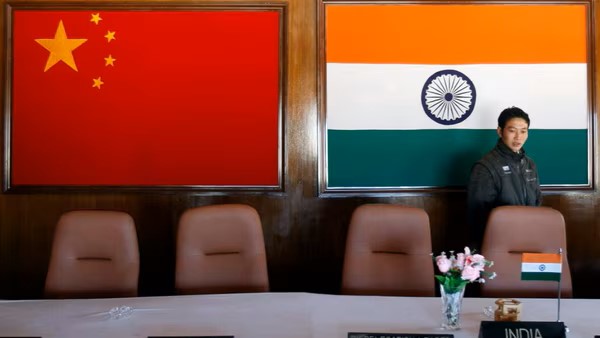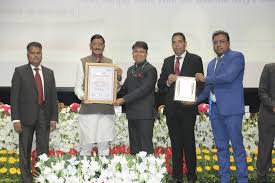A recent report from Microsoft Threat Intelligence Insights has raised concerns about China and North Korea potentially interfering in elections in India, the US, and South Korea. The report underscores China’s probable utilisation of artificial intelligence (AI)-)-generated content to sway voters and comprehend contentious issues in these nations ahead of their respective national elections.
 The report reveals that China has employed counterfeit social media accounts to gauge public opinion on divisive subjects, aiming to influence election outcomes, particularly focusing on the US presidential election. Moreover, China has heightened its deployment of AI-generated content, including memes, to shape public sentiment on contentious domestic matters in the US and elsewhere.
The report reveals that China has employed counterfeit social media accounts to gauge public opinion on divisive subjects, aiming to influence election outcomes, particularly focusing on the US presidential election. Moreover, China has heightened its deployment of AI-generated content, including memes, to shape public sentiment on contentious domestic matters in the US and elsewhere.
In parallel, North Korea has purportedly intensified its involvement in cryptocurrency heists and supply chain attacks to finance its military objectives and intelligence gathering. The country has also begun integrating AI into its operations to bolster efficiency and efficacy, potentially leading to the development of new military capabilities.
The report also sheds light on instances of AI-generated content being leveraged in influence campaigns. For instance, during Taiwan’s election, AI-generated audio clips were allegedly utilised to sway voters away from a pro-sovereignty candidate.
Although there is scant evidence to suggest that these efforts have successfully swayed public opinion, Microsoft cautions that China’s expanding experimentation with AI-generated content could yield effective results in the future. Given the impending elections in India, the US, and South Korea, vigilance against potential interference is paramount.



